New Delhi, MINA – A national history conference in New Delhi on Sunday brought together historians, scholars, and academics to commemorate the historical contributions of Muslims to India’s cultural and civilizational development.
Titled “Delhi: Crucible of Indo-Islamic Synthesis in Medieval India,” the conference was organized by the Department of Islamic Studies at Jamia Hamdard University in collaboration with the Institute of Studies and Research in Delhi (ISRD), India Tomorrow reported.
Held at the Hamdard Convention Center, the conference aimed to explore the deep influence of Islamic heritage on India’s medieval culture, society, and governance, particularly highlighting Delhi as the epicenter of cultural convergence.
Scholars presented a wide range of research papers covering subthemes such as the arrival of Islam in northern India, institutions of learning and knowledge production, Indo-Islamic architecture, Sufi traditions and sacred spaces, language and literature, music and performing arts in the freedom struggle, calligraphy and decorative arts, culinary and cultural heritage, women’s contributions, science and technology, Mughal gardens, and innovations in economy and administration.
Also Read: Trump Declares Gaza War Over Ahead of Middle East Peace Summit
Syed Sadatullah Husaini, Chief of Jamaat-e-Islami Hind, emphasized that the Qur’an consistently urges the study of history to derive lessons and guidence.
“History becomes an asset when lessons are learned from it. It serves as a mirror to society and challenges the negative narratives often associated with Muslims in India,” Husaini said.
“Muslims were neither outsiders nor invaders. They are developers, not destroyers; builders, not colonizers; inheritors, not intruders.” he added.
He highlighted the role of the Delhi Sultanate as a bridge that connected India to flourishing centers of knowledge across the Muslim world. Citing examples, he noted that Sanskrit scholars and mathematicians were recognized and respected at the Abbasid Caliphate’s courts.
Also Read: Qatar Says Hamas Open to Discussing Ways to No Longer Threaten Israel
“Arab scholars did not claim the intellectual achievements of Indian scholars as their own, but gave them due credit,” Husaini noted. “Muslim rule helped disseminate India’s hidden treasures of knowledge across the globe.”
He also praised the architectural marvels of the Delhi Sultanate, such as the Qutub Minar, describing them as artistic wonders of their time.
Most importantly, Husaini said, Muslim rulers promoted human unity and equality, fostering coexistence among people of different faiths, castes, and classes under a shared human identity.
In his opening remarks, Dr. Afshar Alam, Vice-Chancellor of Jamia Hamdard University, gave a historical overview of Islamic rule in India, tracing it from the arrival of Muhammad Ghori in the 12th century through the British colonial period, covering the Slave, Khilji, Tughlaq, Sayyid, Lodhi, and Mughal dynasties.
Also Read: All Gaza Flotilla Activists Freed from Israeli Detention
He emphasized Delhi’s central role in the Indo-Islamic cultural blend, where architectural styles from Central Asia and Persia merged with indigenous Indian designs to form a unique architectural identity visible in the city’s rich heritage.
Dr. Alam also highlighted Islamic contributions to education, science, music, literature, governance, and social reform, arguing that this synthesis laid the foundation of what is now known as South Asian culture.
“This fusion not only shaped Indian civilization but also gave it depth, diversity, and resilience,” he said.
Dr. Hafeezur Rahman, coordinator of the Khusro Foundation and a renowned expert in Urdu and Persian, delivered a special address. He reflected on historiography, distinguishing between dominant and counter-narratives, and praised Islam’s contribution to historical objectivity through the tradition of Asma al-Rijal (biographical evaluation of narrators).
Also Read: 45 Activists from Gaza Aid Flotilla Arrive in Jordan After Detention by Israel
He remarked, “It is often said that the Mughals gifted India with three unparalleled treasures: the Taj Mahal, Mirza Ghalib, and the Urdu language.”
Rahman also paid tribute to the Sufi saints, especially Hazrat Nizamuddin Auliya and his disciple Amir Khusrau, a 13th-century polymath and widely considered the father of the Urdu language.
Khusrau, he said, was also an accomplished scholar in astrology, astronomy, and music. Rahman concluded by citing Khusrau’s well-known reflections on his spiritual mentor.[]
Mi’raj News Agency (MINA)
Also Read: Mass Layoffs Hit Federal Agencies Amid Trump’s Government Shutdown





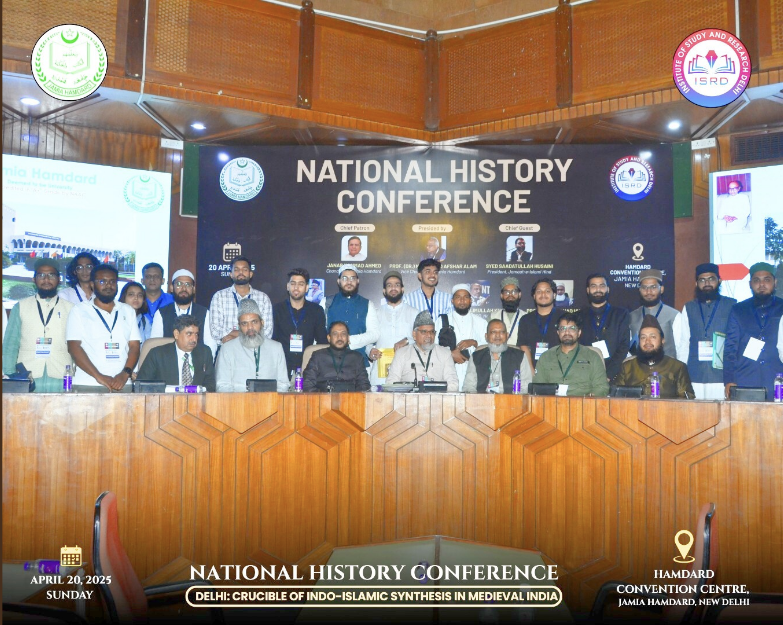



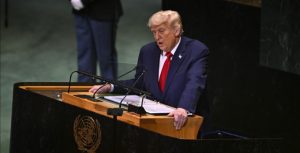


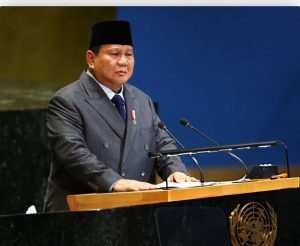
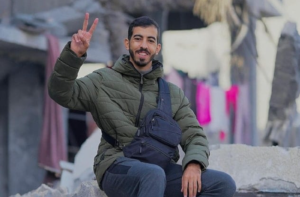

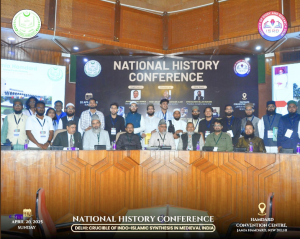



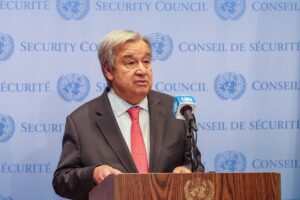



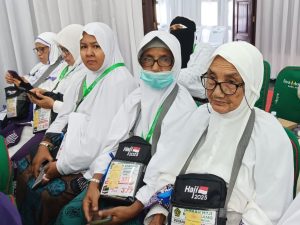





 Mina Indonesia
Mina Indonesia Mina Arabic
Mina Arabic